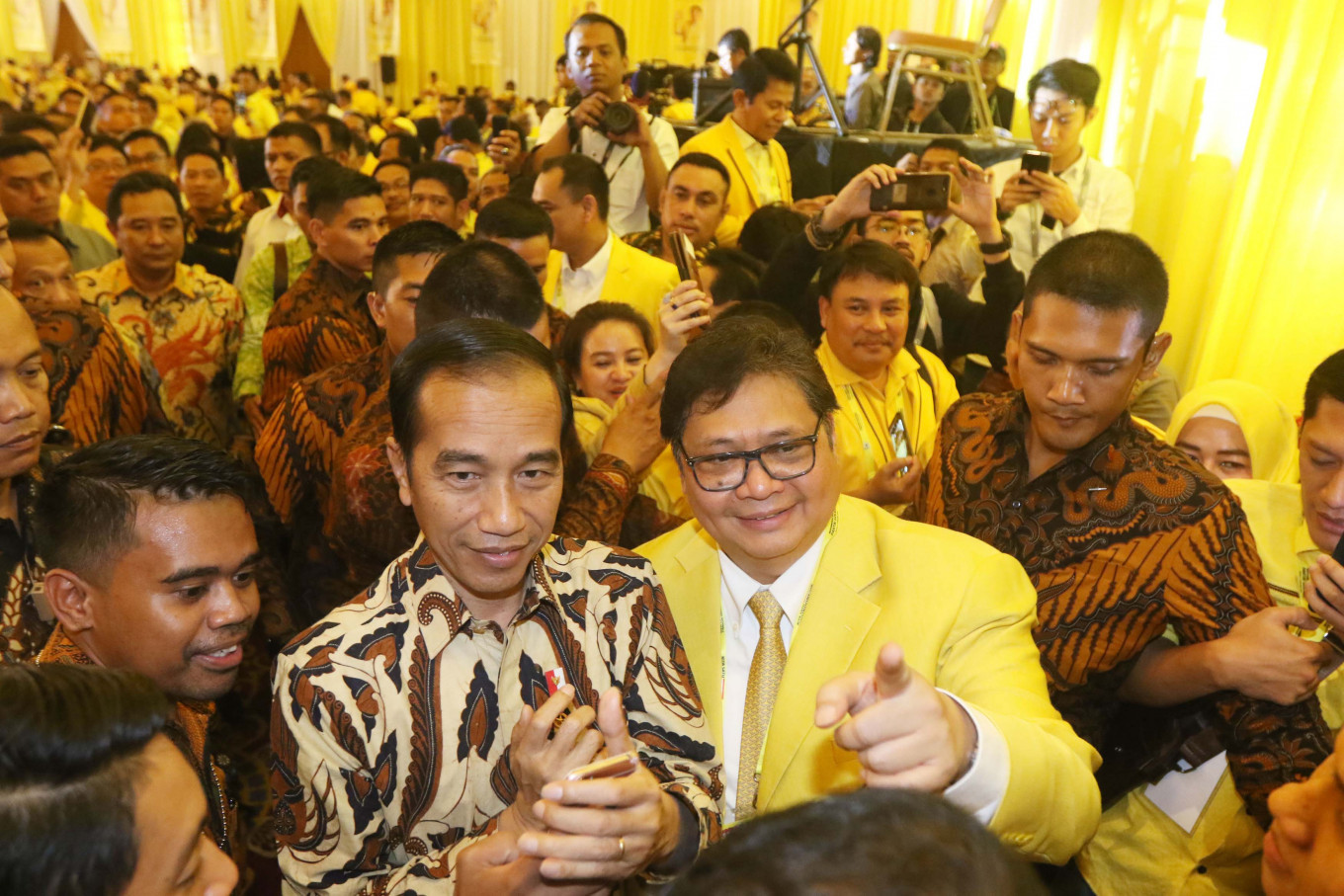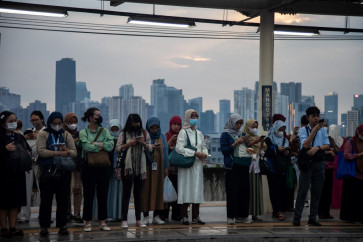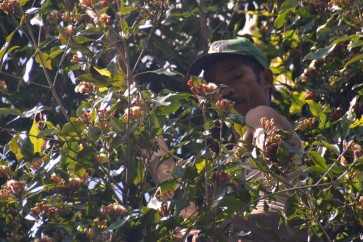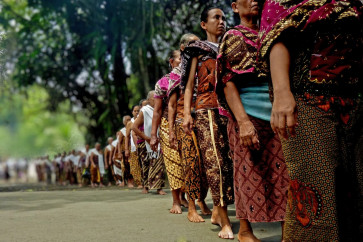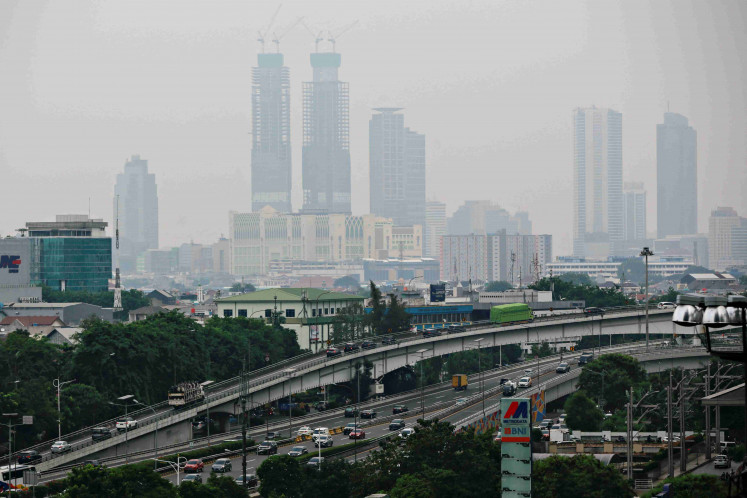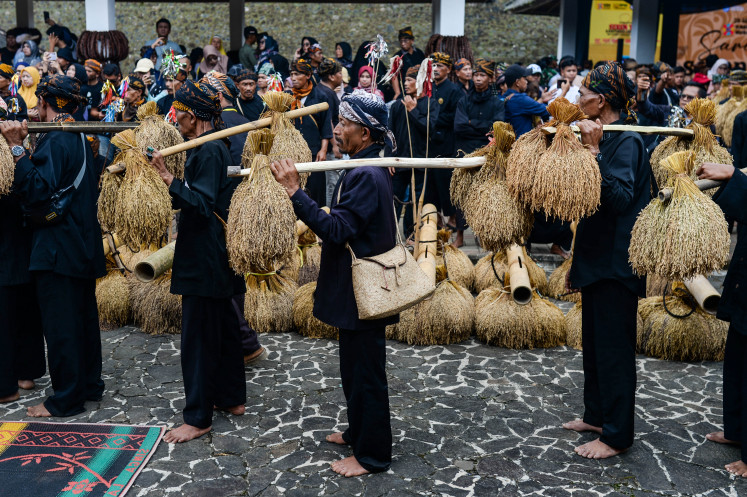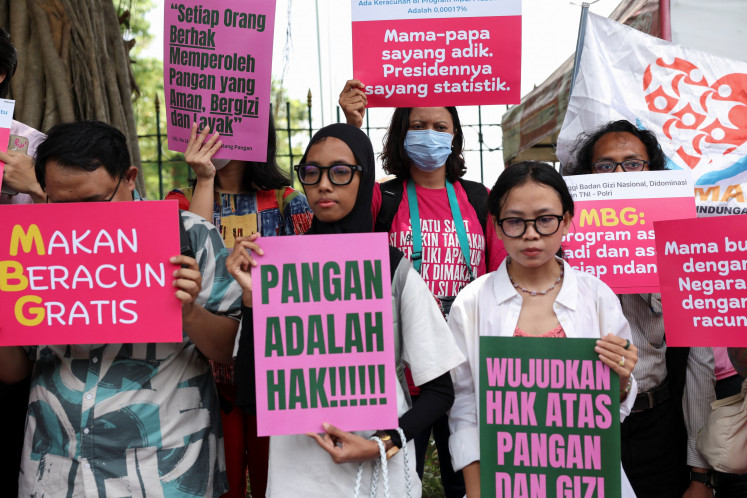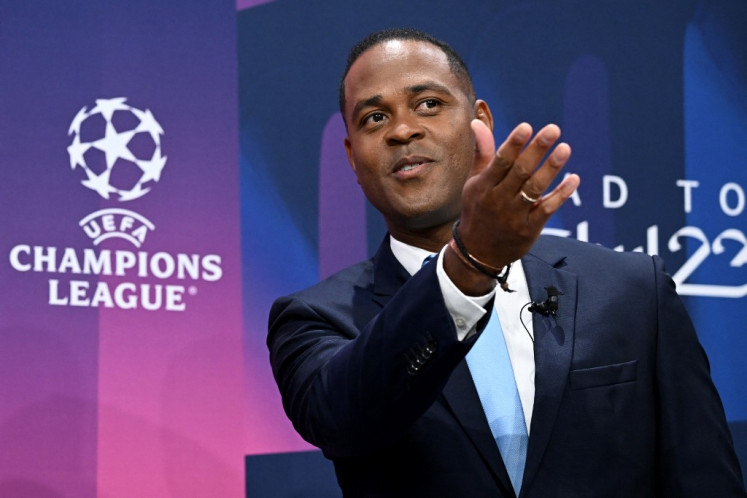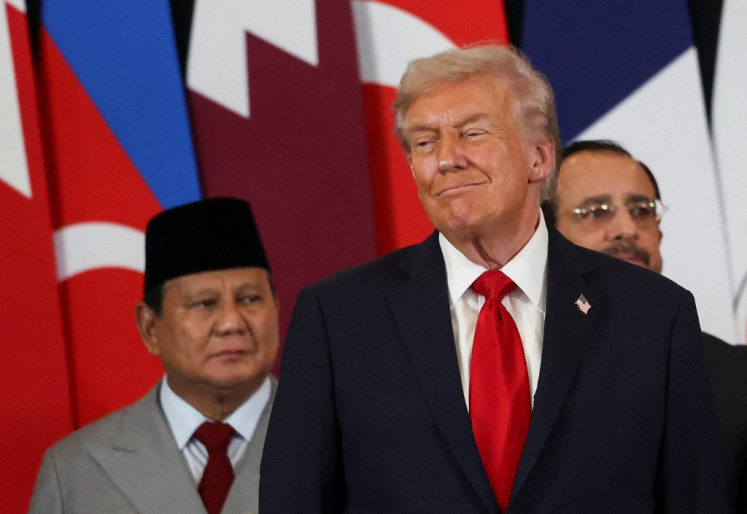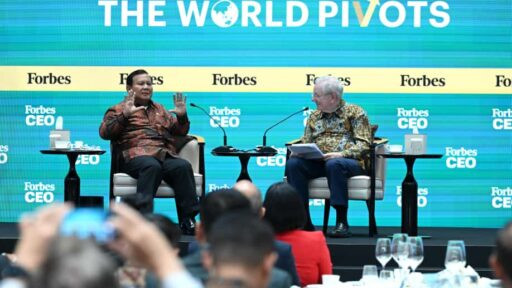Popular Reads
Top Results
Can't find what you're looking for?
View all search resultsPopular Reads
Top Results
Can't find what you're looking for?
View all search resultsCOVID-19 tragedy exposes how broken Indonesian politics is
We can no longer ignore how the health crisis has exposed the structural problems underpinning our democracy.
Change text size
Gift Premium Articles
to Anyone
What a cliché it is to say our politics is broken, but it is truer than ever.
With reports of political corruption filling our daily news feeds, we know for a fact that the democratic institutions that we set up in the Reform Era have been co-opted by a small group of people who are only interested in accumulating wealth and power.
This is in no way unique to Indonesia. Politics is dirty. Power corrupts. So what else is new? Well, as the Delta variant-fueled second wave engulfs the nation’s most populous island, we can no longer ignore how the ongoing health crisis has exposed the structural problems underpinning our democracy, how the state has failed us in one of the most challenging times in history.
The pandemic is a disease that exacerbates the ills of society. It is a test case for every political regime in the world, regardless of its type. It challenges them to see if they are capable of devising sound policies to keep the outbreak under control, to flatten the curve, to strengthen the health system, to protect the vulnerable, to save lives.
Indonesia is sadly among the worst performers, a global think tank has found. And it is not hard to independently verify that claim. We need only to check our text messages or listen to the announcements of local mosques to learn of yet another person we know having been infected or killed by the virus.
After all the pandemic carnage, we cannot afford to sustain the social and political comorbidities that have brought us to where we are today.
We should no longer let state power lie in the hands of a select few who are elected to public office through either corruption or elite patronage – just so they can buy parties’ endorsements and people’s votes.
These are real problems that have severely compromised our democracy. Our elections have become just another means of accumulating wealth and power for those already endowed with enormous quantities of both. Our democracy is far from inclusive; only those with strong financial backing can successfully run for public office. This is the preexisting condition that our democratic institutions cannot withstand.
When the small-town politician Joko “Jokowi” Widodo became President in 2014, we thought the people had won in the struggle against the elite for state power. How wrong we were. Soon after he took the oath to become our seventh President, he was forced to appease the political bigwigs and oligarchic powers just to stay in office and do his job, resulting in the appointment of ministers with questionable track records and credibility.
The price of such transactional politics is too dear.
Having a military doctor with close ties to powerful political figures as health minister, for example, led the Jokowi administration to disastrously downplay the pandemic’s threat and miss the opportunity to prevent community transmission.
With political-business elites having such sway in the government, we should not be surprised that its policies seem to favor those very elites and that during these challenging times, the government seems to be part of the problem rather than the solution.
We shall not forget that just before the pandemic struck, the government and the House of Representatives approved a revision to the 2002 Corruption Eradication Commission (KPK) Law in a clear attempt to weaken the antigraft agency, despite strong public opposition. And while people were told to stay at home to curb infection rates, legislators passed the Job Creation Law without adequate public discourse.
This pattern has continued throughout the pandemic. Public calls, including those from scientists and health professionals, have been largely ignored by the elites, resulting in bad policies that have ended up hurting many.
For months, the government has claimed to be working hard to safeguard the economy and save people from the onslaught of the pandemic. But doubts linger about whether this is really the case. Some of the government’s policies are so absurdly short-sighted that we have begun to suspect that at least some officials intend to save neither the economy nor the people. The only thing at stake for them is their political survival.
A case in point is Airlangga Hartarto, who leads our national COVID-19 task force and is responsible for the bad policies that led to the current health crisis. The Golkar Party chairman is running for president, and we have reason to suspect that his political ambitions for the 2024 race have shaped many of his myopic policies.
In a tone-deaf move on Saturday, Golkar instructed all party members to install banners in support of Airlangga as a presidential candidate while hospitals across Java struggled to cope with soaring cases and shortages of oxygen and ICU beds.
Airlangga and Golkar are not the only ones with an eye on 2024. Others have similar ambitions. This explains why two Cabinet ministers were found to have engaged in graft during the pandemic – one of them by embezzling social aid intended for people affected by COVID-19 – and why government officials are promoting an unproven coronavirus drug and legislators are pushing for the approval of a dubious vaccine technology.
Corruption and rent-seeking remain rampant during the pandemic, which may have even provided a bigger opportunity for the elite to get richer and more powerful.
Budiman Sudjatmiko, once an icon of the Indonesian left, seems now to have become a technology evangelist, preaching a data-laden utopia led by tech giants and unicorns on Mount Algorithm, but our politics remains primitive and predatory, even during a global health crisis of historic, seemingly biblical proportions.
The bad news is that there is no quick fix for this. But if the pandemic has taught us anything, it is that a structural transformation of our body politic is far past due.
The writer is an editor-at-large of The Jakarta Post and a PhD student at the University of Melbourne’s Asia Institute.

